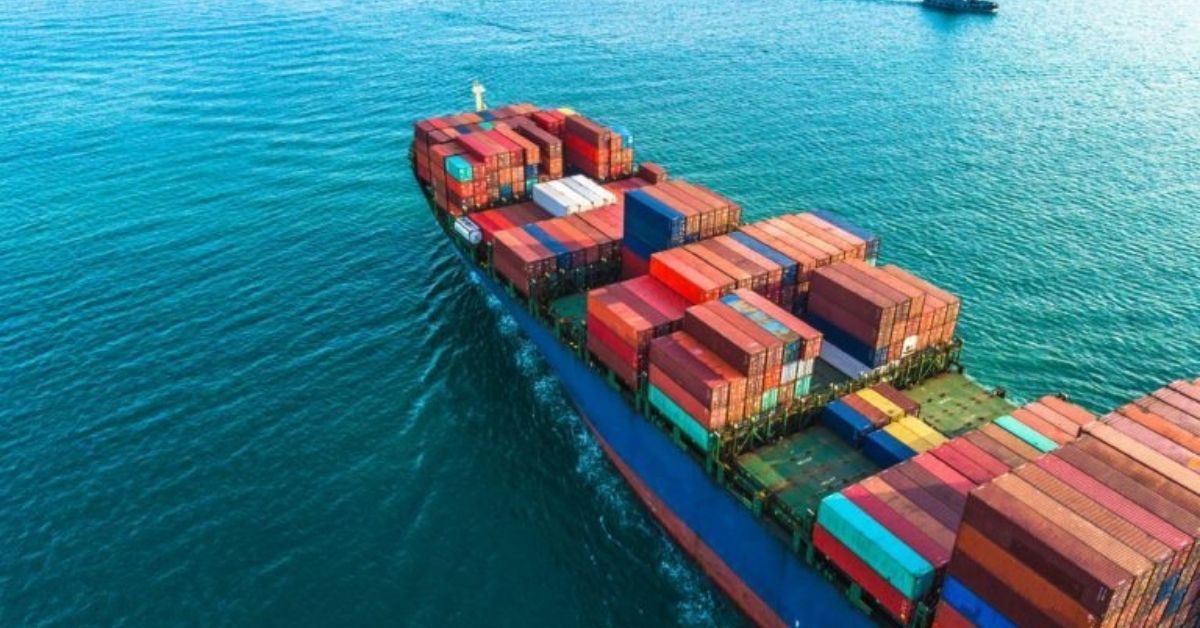Indian banks and financial institutions should consider asset backed funding for ship purchases, K Rajaraman, Chairman, International Financial Services Centres Authority (IFSCA) has said as the local shipping industry clamour for long-term, low-cost funds to renew and expand fleet to boost Indian tonnage as well as to meet decarbonisation goals.
“We have to bring in a lot of appetite amongst Indian financial institutions to finance the shipping industry. Currently, Indian financial institutions lend to corporates, they do book or balance sheet financing but not real asset financing. So, I guess time has come maybe for many of the financial institutions to look at asset financing as well now that India’s growth is on a very strong trajectory,” Rajaraman said while speaking at the “India Ship Finance Forum’ organised by Marine Money on 20 February.
Rajaraman emphasised that “shipping being a very important element of exports is taken care of in the appropriate manner”.
“If you look at India 2047, the target is to reach a GDP of $32 trillion. Currently, we are at less than $4 trillion. So, the exports are expected to reach at least $5-6 trillion which would mean that the logistics and shipping eco system have to be of a different order,” Rajaraman pointed out.
The shipping ministry, he said, has rolled out what is known as the Maritime Amrit Kaal Vision 2047, which focuses on a variety of things including sustainability, increasing tonnage of Indian ships, things like improving the policy regime in terms of the ease of doing business, among other issues.
The system that prevails in IFSC GIFT City is a tax regime which provides a ten-year tax holiday out of any 15 years and entities setting up units in the GIFT City are also exempt from capital gains tax, GST, stamp duty, and so on.
“This has created a fairly good financial basis for people to look at GIFT City for setting up their leasing platforms,” he said, noting that more than 8 ship lessors have set up businesses and there are many more who are in the process of applying.
Besides, three ships have been financed out of the GIFT City through some of the banks and 3-4 large ships have also been leased out of GIFT City.
“So, a process has been kick started. I know it’s a very long haul in the sense this is a very large industry which has been through ups and downs in a very volatile sector,” he said.
“The opportunities for ship financing are very high; the global landscape for ship financing has undergone tectonic shifts after the global financial crisis (of 2008) from what used to be a financial institutions lending of some $500 billion, which is now scaled down to nearly $300 billion or something around that because of the volatilities in this market and maybe perhaps because of lack of prudential lending also at some point of time. Now, lot of other players like private debt funds, private equity funds all of them have also joined the bandwagon in some way or the other in this highly specialised vertical,” Rajaraman said.
“There is an opportunity for some specialised institutions also to look at setting up their businesses in GIFT City. We would also encourage private equity funds engaged in ship financing to set up units in GIFT City,” he exhorted.
Indian lenders have stayed clear of financing ship purchases citing the highly volatile nature of the industry that impacts asset values.
“Our local banks are highly ignorant on ship finance; they are also not interested,” said a Mumbai-based shipping lawyer.
The local shipping industry has been lobbying the government to ensure a level playing field through tax rationalisation and long-term, low-cost funds to help compete with global fleet owners.
“We need longer term money,” said Anil Devli, Chief Executive Officer at the Indian National Shipowners Association (INSA), a lobby group for local fleet owners.
“We need shipping banks that understand shipping and provide shipping finance. In the earlier days, we had a Shipping Credit and Investment Corporation of India (SCICI) which used to provide specialised funding for ship acquisitions,” Devli said while speaking at the Marine Money ‘India Ship Finance Forum’.
“Today, banks support our members, but they are commercial banks with short term money, and they are unable to provide us money long term, whereas my asset life would be 18-20 years, for which the funding that we get in India is for 6-7 years,” Devli stated.
“You can’t sweat an asset which should be written off over 12 years in 6 years. It puts a huge amount of strain on my cash flows and hinders me from competing with my competition who’s probably getting money longer term. So, we are hoping that the efforts of IFSC and Marine Money will lead to the establishment of an enterprise that will provide long term funding either by way of debt funding or even by way of lease financing under the framework that has been created in IFSC,” Devli added.







